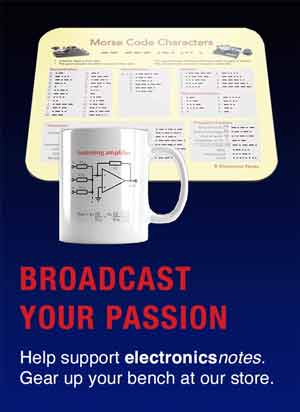What is a Microcontroller MCU: embedded systems
- when developing embedded system hardware there is a choice of using a microprocessor or a microcontroller - when using a microcontroller what are the best approaches.
Embedded Systems Includes:
Embedded systems basics
Microcontroller, MCU
When developing an embedded system, one of the options is to base the computational hardware around a microcontroller, MCU rather than a microprocessor, MPU.
Both approaches have their attractions, but generally they will be found in different applications. Typically the microcontroller, MCU, is found in applications where size, low power and low cost are key requirements.
The MCU, microcontroller is different to a microprocessor in that it contains more elements of the overall processing engine within the one chip.
Bringing most of the processing engine components onto a single chip reduces size and cost. This enables it to become economical viable to digitally control even more devices and processes. Also it is found that mixed signal microcontrollers are being increasingly used, integrating analogue components needed to control non-digital electronic systems.
Microcontroller basics
Microcontrollers comprise the main elements of a small computer system on a single chip. They contain the memory, and IO as well as the CPU one the same chip. This considerably reduces the size, making them ideal for small embedded systems, but means that there are compromises in terms of performance and flexibility.
As microcontrollers are often intended for low power and low processing applications, some microcontrollers may only use 4 bit words and they may also operate with very low clock rates - some 10 kHz and less to conserve power. This means that some MCUs may only consume a milliwatt or so and they may also have sleep consumption levels of a few nanowatts. At the other end of the scale some MCUs may need much higher levels of performance and may have very much higher clock speeds and power consumption.
Microcontroller advantages & disadvantages
As with any device of system approach there various advantages and disadvantages of microcontrollers need to be considered when undertaking a new design.
| Microcontroller advantages & disadvantages summary | ||
|---|---|---|
| Advantages | Disadvantages | |
|
|
|
 Written by Ian Poole .
Written by Ian Poole .
Experienced electronics engineer and author.
More Digital Logic and Embedded Topics:
FPGA programming
Embedded systems
How a computer works
Logic circuit design basics
Logic / circuit design guidelines
Return to Digital / Logic / Processing menu . . .



